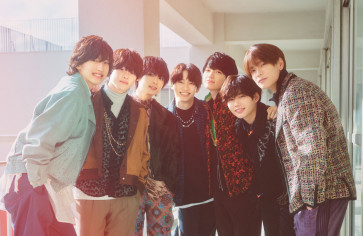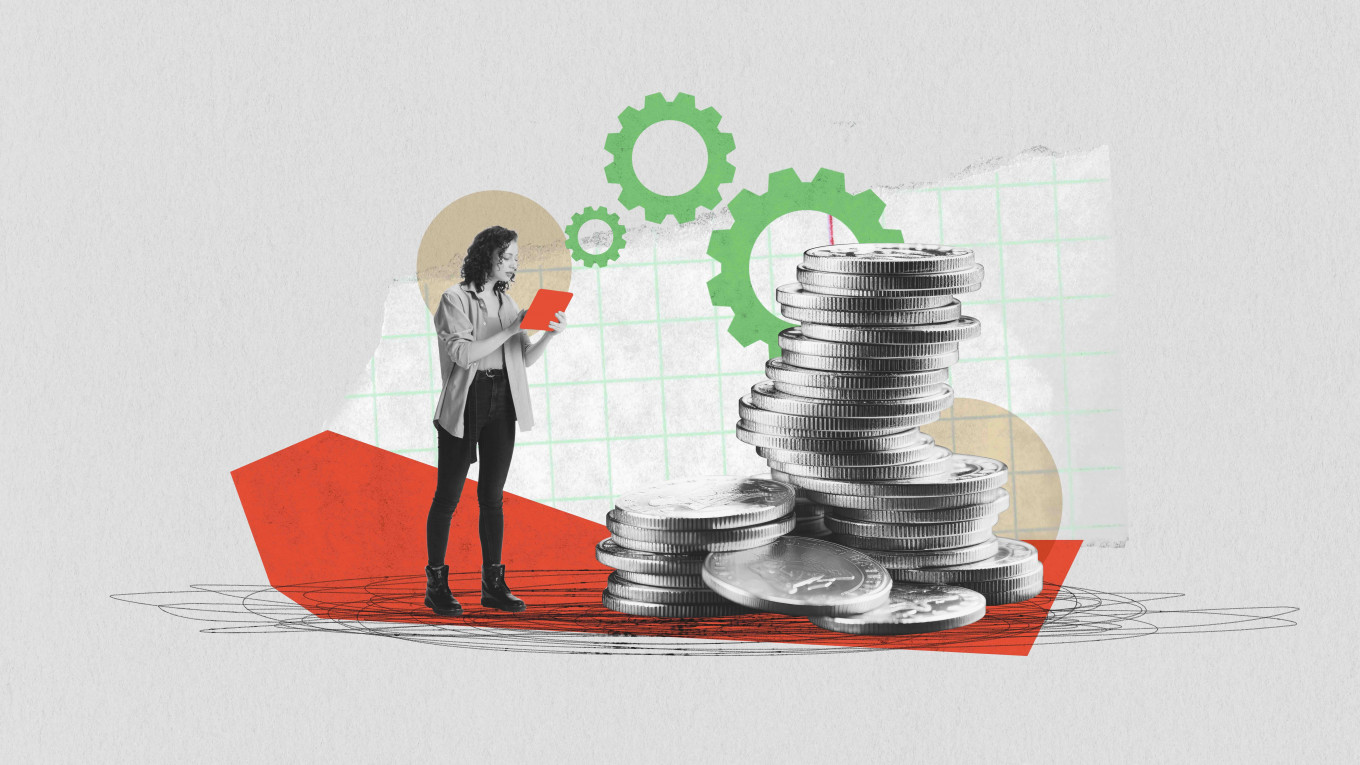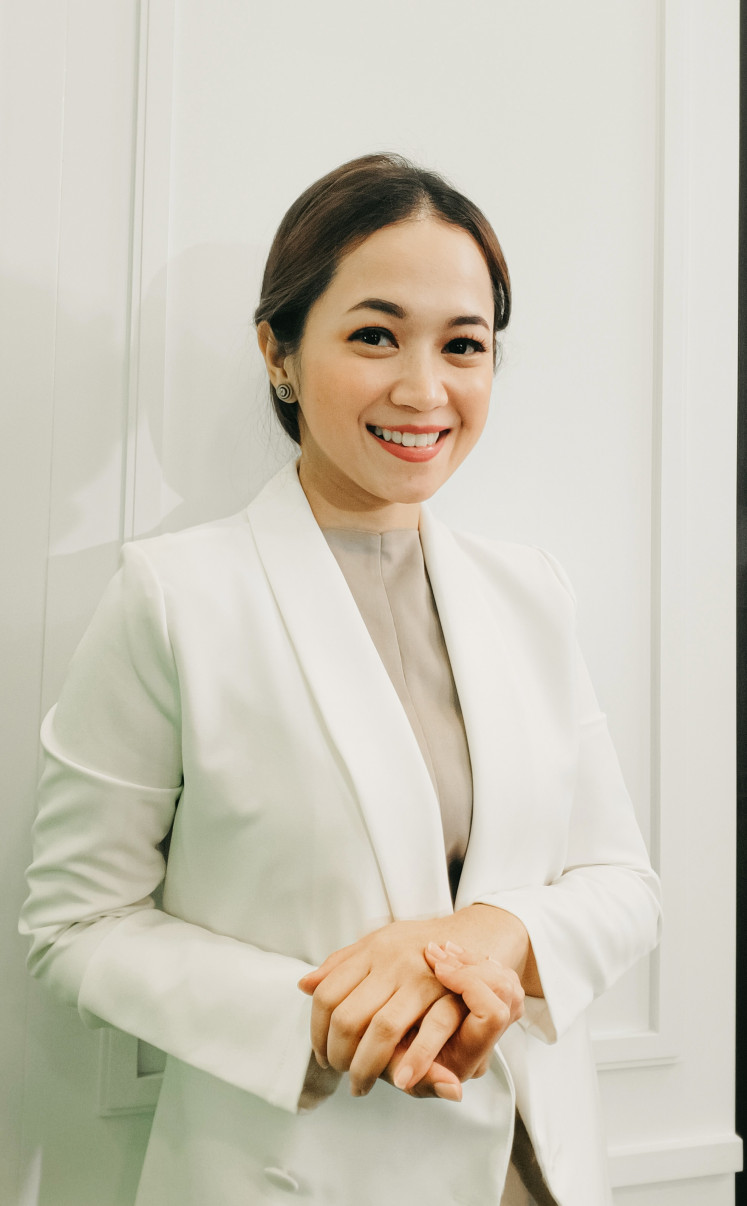I checked my bank app, did some mental math and sighed. Payday had just arrived but as always, my money already had places to go.
Taxes for housing and car, things I don’t even own? Check. Monthly support for my parents? Of course. Pet expenses? Nonnegotiable. A meager Reksadana top-up, my so-called safety net? Barely scraping by.
No matter how hard I work, I always seem to be only catching up.
Then, what my mom said that morning echoed in my head: "Grandmother’s arisan [tontine] was a blast: laughter, gossip, everyone having the time of their lives. But now she’s Rp 700,000 [US$43] in debt, all thanks to those cookies."
I almost laughed. But really, what was so funny about that? I’d pay it off. That’s what we do, right? We take care of our own.
As I stared at my dwindling balance, a bigger question gnawed at me: Why do women always seem to be playing financial catch-up?

Thank you!
For signing up to our newsletter.
Please check your email for your newsletter subscription.
Pay, workload gaps
I turned to Google for answers but instead, I got the same, tired old assumption: Women struggle with money because we don’t know enough.
That couldn’t be it.
A 2023 study from University College London found that women took on more work than men, both at home and at work. And Statistics Indonesia (BPS) reported in 2024 that men earned Rp 3.3 million per month on average while women earned just Rp 2.57 million. GoodStats also reports a 17 percent hourly pay gap between men and women—the widest since 2015.
"Women are conditioned to hesitate, to doubt their own decisions, even about their own money." - Aliyah Natasya
Leadership disparity plays a role. Data from United Nations Women show that male-dominated structures push women into lower-paying sectors. Even in managerial roles, women still earn less: Rp 5.9 million compared to Rp 7.2 million for men.
As for unpaid labor, Pew Research found that even in dual-income households, women handled significantly more: 4.6 additional hours of housework and 1.8 extra hours of caregiving per week.
When so much of our energy is spent taking care of everything else, how are women supposed to manage our own financial futures?
Beyond literacy
Women’s relationship with money is more complicated than it should be. But this is not about financial literacy: Women are, in fact, financially literate.
Last year’s data from the Financial Services Authority (OJK) show a financial literacy rate of 66.75 percent for Indonesian women, slightly higher than 64.14 percent for men.
Yet something still holds us back.
“The issue runs deeper,” says Aliyah Natasya, a financial planner and educator who earned a Master of Science in economic competitiveness and international business from the University of Birmingham.
Known for her sharp insights, Aliyah has worked with public figures like actress and entrepreneur Maudy Ayunda and journalist Andini Effendi. She also has been featured on SEA Today News and Bibit.
“Women are conditioned to hesitate, to doubt their own decisions, even about their own money,” she says.
For instance, buying a house is often framed as a decision that should involve a partner. A single woman thinking about homeownership might hear whispers of doubt: "What if men don’t want you because you already own a house?"
The real obstacle isn’t ability or resources. It’s conditioning.
Reality of responsibility
Take Nancy (not her real name), a 29-year-old freelance filmmaker who has supported her family since university. Despite working on multiple projects, she hesitates over every expense.
"Every time I get paid, I send money to my mom first, then my brother. After that, I handle my own bills. What’s left? That depends," she admits.
"Saving feels like a privilege, not a certainty."
Icha, 39, runs two home-based businesses and co-owns a noodle stall with her husband.
She manages the household budget meticulously, tracking expenses through spreadsheets and investing in their children’s education. But her husband’s obsession with secondhand cars has long been a financial strain and something she can’t control.
“We’ve had moments where he bought a secondhand car, only for it to break down and become a money pit,” Icha recalls.
Repeated repair costs drained their emergency fund until after years of setbacks, he finally decided to buy a new car.
"Yes, we have [car installment] payments now," she admits. "But at least we have stability."
Reclaiming control
Aliyah understands these struggles firsthand.
After a career in journalism and banking, she stepped back during pregnancy and experienced life without a personal income. That inspired her to launch Mama Bisa Investasi (Moms Can Invest) in 2022, a digital platform that helps women take control of their finances.
. (Courtesy of Aliyah Natasya)
“Many women still need their husband’s permission before they can invest or manage money,” she notes.
In Muslim-majority Indonesia, where the principles of Sharia shape many perspectives on finance, men are traditionally seen as breadwinners. When a husband dies, the responsibility for his family’s finances often shifts to male relatives.
This system, rooted in patriarchal protection, has often been misinterpreted in ways that distance women from financial decision-making.
Fortunately, change is brewing.
When layoffs disproportionately affected men during the COVID-19 pandemic, women stepped up, proving their adaptability.
“We’re in the middle of a transformation,” Aliyah says. “Women are becoming more financially independent and ambitious.”
Still, breaking free from societal constraints is only one piece of the puzzle. Financial control without strategy is meaningless.
"Even in families, many don’t sit down to set clear financial goals," she explains. "Everything is assumed, not calculated or strategized."
We are so used to making transactions that when it comes to long-term financial planning, we hesitate. But risk, approached with confidence and strategy, is an inevitable part of building wealth.
“Building conversations toward financial harmony is important because, in the end, finances play a huge role in our well-being,” Aliyah adds.
Money and self-care
We like to think that managing money is about numbers: budgets, investments, interest rates. But money doesn’t manage itself.
“Money has no emotions. It’s just an object,” Aliyah says.
“What separates those who have more from those who [have less] is their ability to manage it.”
For single women, financial self-care starts with self-assessment: How do I generate income? How disciplined am I in budgeting? Do I save or invest consistently?
Whether women plan to marry or not, the most important question is: What is the most rewarding thing I want to achieve in life?
For Nancy, the answer isn’t straightforward. She dreams of owning a house and car, but for now, financial stability comes first.
"As we reach our late 30s, we have at least 20 years of productivity left. What we do now matters," Aliyah says, advising to look at the long game.
For married women, making sure their financial goals align with their spouse’s is just as crucial.
Aliyah emphasizes three key discussion points: Who is better at generating income? Who is more disciplined in budgeting? Who has a deeper understanding of investments?
Later that evening, I hesitated before transferring money to my grandmother. The numbers still felt relentless: debts and obligations, as well as savings that never seemed enough.
But security isn’t about excess; it’s about balance.
Across the room, my rescue cat stretched lazily, my mom hummed softly as she washed the plates. The familiar sounds of home filled the space, reminding me why I do this.
Maybe, despite always just catching up, I was doing OK.
Allestisan Citra Derosa is a writer who often turns personal challenges into stories. She finds comfort working at local pet shops and has a knack for making any space feel like home.
























